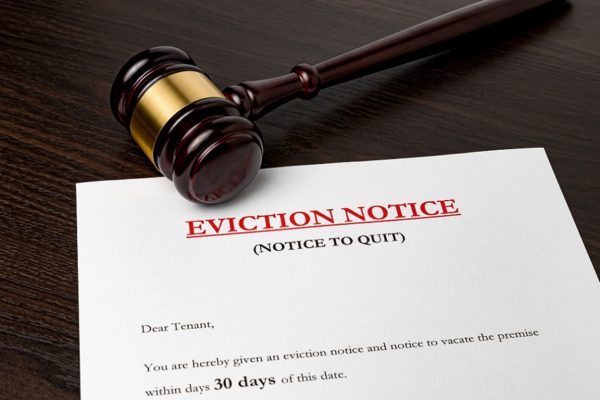His Hospital Stay Almost Led to Homelessness
When Jodah locked the door to his apartment that he had been living for 13 years, he was worried about his health. He’d been diagnosed with a serious blood infection, was in a lot of pain and was headed to the hospital. After three months of treatment, he returned to find a note from the sheriff on his door. He had only a few days until eviction. The long hospital stay meant he wasn’t able to work and fell behind on rent. However, he stayed in communication with his landlord. “My landlord knew I was in the hospital. I never caused any problems, but my landlord wasn’t willing to work with me.”
What happened to Jodah isn’t an isolated incident. For many low-income renters, the combination of scarce resources and high rent means no flexibility when facing an emergency like a serious illness, a death in the family or a temporary job loss. Washington law allows landlords to file evictions against tenants in as little as three days after rent is due. You read that right. That means there’s often little time for renters to come up with rent. The National Law Center on Homelessness and Poverty reports that evictions are the leading cause of homelessness and locally the Seattle Women’s Commission found that 87% of eviction filings were because of nonpayment of rent with the majority of those cases involving an average of $1,237 or less owed to the landlord.
Jodah was able to stay in his home thanks to the King County Bar Association’s Housing Justice Project. The project recruits volunteer attorneys to appear at King County Courthouses in Seattle and Kent to assist tenants facing eviction by helping negotiate payment plans and lease extensions. Tenants with legal representation have a better chance of reaching agreements with landlords so they can stay in their homes and avoid having an eviction on their record.
With more than 12,000 people experiencing homelessness in King County, we know that we won’t begin to see a difference in this crisis until we can stop more people from becoming homeless in the first place.
That’s why we are so excited about the launch of Home Base, a partnership with United Way of King County and the King County Bar Association made possible by a catalytic investment by the Seattle Mariners.
The design of United Way’s Home Base program will expand the reach of the existing Housing Justice Project by providing additional attorneys, outreach and trained social workers armed with flexible Streets to Home emergency funds to work directly with tenants to keep them in their homes and prevent the person or family from facing eviction again.
Launching in March with the catalytic $3 million from the Seattle Mariners, United Way is committed to identifying and leveraging additional funding from the public and private sector to keep more people like Jodah in their homes, and slow the stem of people falling into homelessness.





Comments